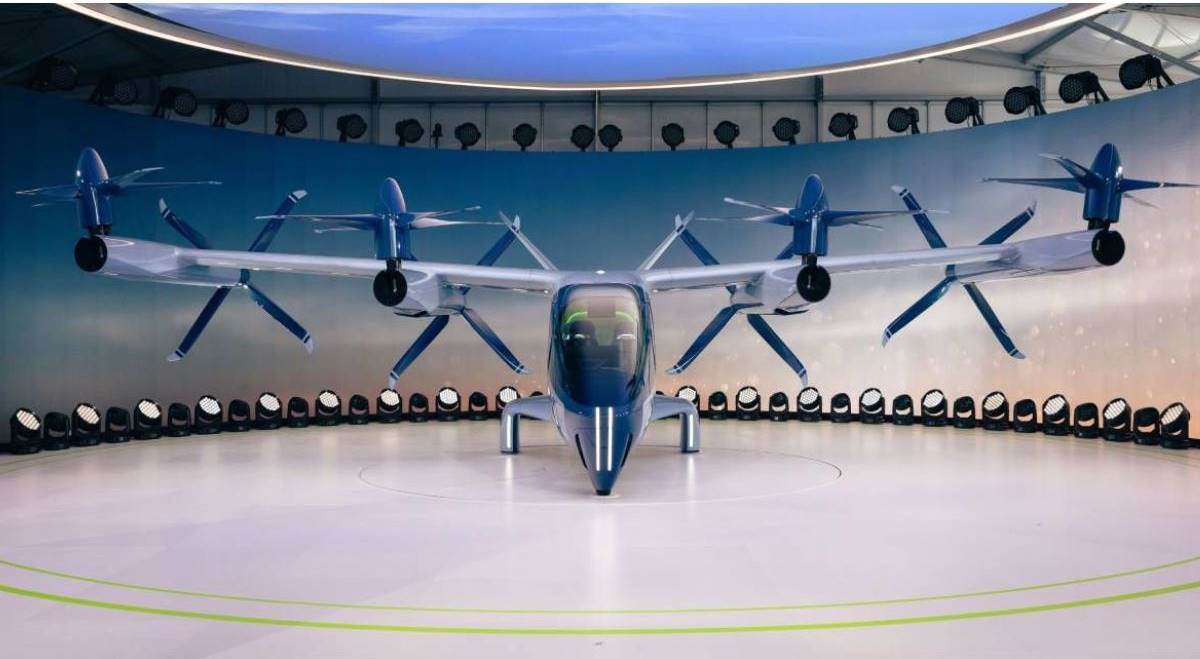Called the Supernal S-A2, it could facilitate an alternative ride-hailing service in packed cities.
Hyundai’s air mobility arm Supernal plans to put its new S-A2 aircraft into production in 2028 ahead of what it expects to be a huge increase in demand for electric aircraft as an alternative to taxis in cities.
- Supernal S-A2 can seat up to five people, including pilot
- Can cruise at 192kph and at altitudes of up to 1,500ft
- Is battery powered for now, but could use hydrogen fuel cell in future
The Supernal S-A2, described as an electrical vertical take-off and landing (eVTOL) aircraft, has been unveiled at CES in Las Vegas and is a follow-up to the S-A1 first shown in 2020. It can seat up to five people, including the pilot, and is electric-powered.

The Supernal project has been led by Hyundai president Jaiwon Shin, who spent most of his career at NASA. Shin said that projections aviation industry show that there is set to be a huge expansion of eVTOL aircraft in the future, as alternatives to taxis. The market could need potentially “hundreds of thousands” of aircraft of this type, compared to a total global commercial aircraft fleet today of no more than 30,000 units.
Supernal S-A2 technical details, styling
The S-A2’s USP is being electric-powered to ensure that is much quieter than traditional helicopters and light aircraft. Supernal quotes it as being as quiet as a dishwasher, at 65dB during vertical take-off and 45dB when cruising. It can cruise at 192kph and at altitudes of up to 1,500ft. It is designed for shorter jounces between 40-65km. It uses eight tilting rotors. While battery-electric powered for now, Supernal could equip the S-A2 with hydrogen fuel cell technology in future generations, according to Shin.

The styling of the S-A2 has been led by Hyundai group’s design chief Luc Donckerwolke, who describes it as “auto meets aero”. The S-A2 is the latest expansion from the group beyond passenger cars, something also seen at CES by the group with the launch of Kia’s new commercial vehicle division.
Donckerwolke told our sister publication Autocar UK that designing aircraft instead of cars was “like being in a bigger toy store”. “At Hyundai, we’re doing more than just cars. The future of our group will allow us to do much more than urban air mobility. I consider a project like this not only beneficial to designing an aircraft but then going back to designing cars with a wider horizon.”
Flight tests will begin in 2025 and pre-production vehicles will be tested in 2026 and 2027.
Also See:
Honda previews flagship EV sedan at CES 2024
